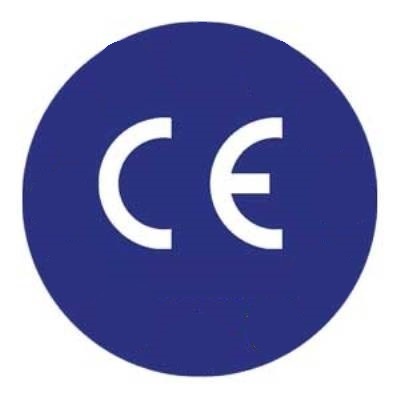Each and every product is required to comply with the standards set for it, irrespective of the place where they are marketed. This is necessary to verify that these products are safe for use. Like, for example, the products marketed in the United States (USA) are approved by the Underwriters Laboratories.
In the same way, for European Union countries, a CE Certificate is demanded for certain products.
Some products which are to be marketed within the borders of the European countries must be affixed with the CE Mark, indicative of their compliance with the applicable European standards. The CE Certificate holds valid in all EU countries, including Norway, Iceland, and Lichtenstein, and in the EEA (European Economic Area). The European Economic Area allows member states to join the European single market without being a part of the European Union. Turkey and Switzerland are not formally members of the EEA, but have nonetheless joined the CE Mark application.
CE Certificate opens the doors of more than 30 countries of Europe for your product.
There is no official organization that issues the CE Certificate. The manufacturers themselves make the declaration of conformity and affix the CE Mark on the product, once the products meet the standard and relevant requirements. Therefore, the responsibility of verification is entirely in the hands of the manufacturing companies.
But it isn’t always easy to find the way in the system. For one, not all products are CE marked. For example, foodstuffs, pharmaceuticals and cosmetics, do not need CE certification. However, certain legal requirements which are outside the CE Certification process, must be complied with for such products.
Also, if the products to be sent to European Union countries meet certain categories, they can also be exempted from CE Certificate application. Example, antiques or products that will be sent and returned to Europe for renewal or resale outside Europe also don’t fall under the scope of CE Certification process.
Products outside the CE Mark requirements or the general product safety directives, need to comply with the legal regulations of each country to which they are shipped.
An important point to be noted here is that the products covered by the CE Certificate application don not require third-party certification services. In general, the issue of compliance with the relevant standards and relevant legal remediation principles is an issue that must be investigated and decided by the manufacturer. This responsibility lies solely with the manufacturing companies. However, manufacturers may obtain such services from independent and authorized institutions so as to verify and report that their products comply with the relevant standards and can include these documents in their unique file.
The first and foremost step in the CE certification of the products is to determine which of the European Union directives are applied on your product. For example, a large number of electronic products must comply with directive 2004/108/EC, which regulates electromagnetic compatibility, and low voltage products with directive 2006/95/EC. It is possible that some products be covered by several directives. In such a case, all relevant directive principles should be considered.
At Eurotech, we also provide CE Certification services amongst other product certification services. We provide CE Mark Certification for electrical/electronics, medical devices, pressure equipment and construction equipment. We also give CE Certification as per RoHS directive of the European Union. To get your product CE certified drop your query at trg@eurotechworld.net or GET QUOTE today by filling the below form.

